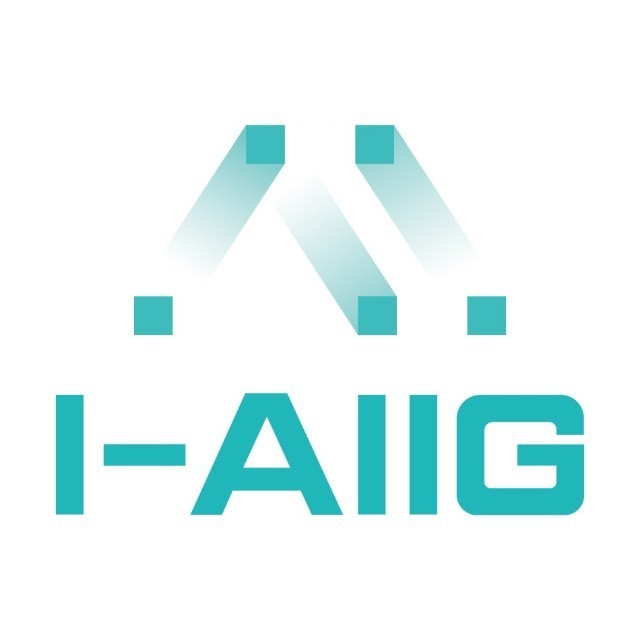- 0
- 0
- 0
分享
- 【学术发表】Ethical governance of artificial intelligence
-
2022-09-13
作者简介
薛澜;清华大学人工智能国际治理研究院院长、苏世民书院院长、中国科技政策研究中心主任
庞祯敬;清华大学中国科技政策研究中心助理研究员,清华大学公共管理学院博士后
Ethical governance of artificial intelligence: An integrated analytical framework
[J]. Journal of Digital Economy , JDE 4 (2022,9)
Abstract: Emerging technologies have faced ethical challenges, and ethical governance haschanged over time managing these technologies. The governance paradigm has graduallychanged from scientific rationality to social rationality and ultimately to a higher ethical morality.The trend of seeking higher levels of ethics and morality provides a rich theoretical underpinningfor the ethical governance of artificial intelligence (AI), which is a complex and comprehensiveproject that involves problem identification, path selection, and role configuration. Ethicalproblems in AI can also be identified in technology, value, innovation, and order systems. In thefour major systems, the basic patterns of ethical problems can become uncontrolled risks,behavioral disorders, and ethical disorders. When considering the path selection, AI governancestrategies such as ethical embedding, assessment, adaptation, and construction should beimplemented within the technology life cycle at the stages of research and development, designand manufacturing, experimental promotion, and deployment and application, respectively.Looking at role configuration, multiple actors should assume different roles, including providingethical factual information, expertise, and analysis, as well as expressing ethical emotions orproviding ethical regulation tools under different governance strategies. This study provides acomprehensive discussion regarding the practical applicability of AI ethical governance using thecase of autonomous vehicles.
Keywords:artificial intelligence; ethical governance; autonomous driving



期刊介绍
/ABOUT THIS JOURNAL/
Journal of Digital Economy (JDE) is a peer-reviewed, open access journal. It is the official English-language journal of the Tsinghua University Institute of Economics in China. While the Industrial Revolution transformed humanity from early agrarian societies to an industrialized age, the 21st century is witnessing the rise of a digital civilization. JDE sheds light on how this digital era is expanding, restructuring and challenging existing knowledge and traditional methodology. It is a platform for both theoretical and empirical contributions to multiple disciplines, including, but not limited to, Economics, Management, Sociology, Political Economy, Computer Science and Environmental Science. JDE examines ways to improve economic well-being, social equity and environmental sustainability in the digital era. It welcomes practice and policy-oriented studies that tackle the challenges and harness the opportunities distinctive to our time.
关于我们
清华大学人工智能国际治理研究院(Institute for AI International Governance, Tsinghua University,THU I-AIIG)是2020年4月由清华大学成立的校级科研机构。依托清华大学在人工智能与国际治理方面的已有积累和跨学科优势,研究院面向人工智能国际治理重大理论问题及政策需求开展研究,致力于提升清华在该领域的全球学术影响力和政策引领作用,为中国积极参与人工智能国际治理提供智力支撑。
新浪微博:@清华大学人工智能国际治理研究院
微信视频号:THU-AIIG
Bilibili:清华大学AIIG
来源 | 本文转载自ScienceDirect,点击“阅读原文”获取更多内容
-
阅读原文
* 文章为作者独立观点,不代表数艺网立场转载须知
- 本文内容由数艺网收录采集自微信公众号清华大学人工智能国际治理研究院 ,并经数艺网进行了排版优化。转载此文章请在文章开头和结尾标注“作者”、“来源:数艺网” 并附上本页链接: 如您不希望被数艺网所收录,感觉到侵犯到了您的权益,请及时告知数艺网,我们表示诚挚的歉意,并及时处理或删除。













